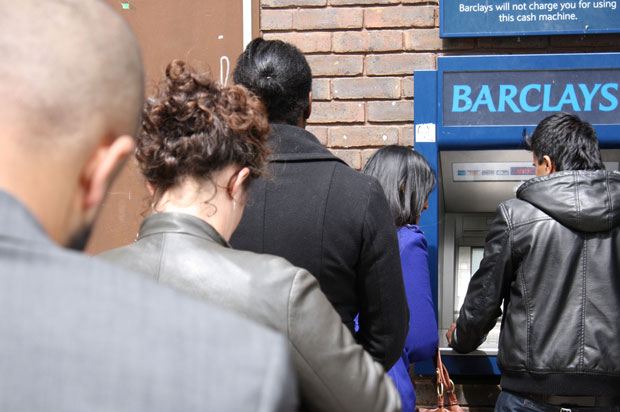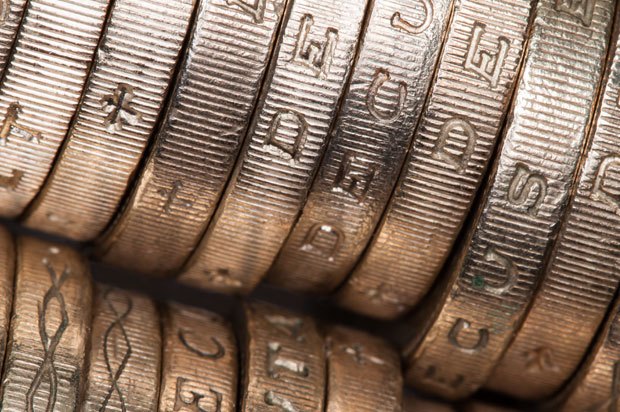Manage your money well
Make sure you're in charge of your money, or your money could end up running you. Here are some basic tips on how to manage money.

Learning how to manage your money is an essential life skill, and once you know what you’re doing, it really isn’t so difficult. Once you’ve left home, the only person responsible for your financial health is you, so it’s good to know the essentials.
Paying off debts
The most important thing you can do to manage your money is avoid unmanageable or crippling debts. Read our article on paying off your debt here. You’ll need to steer clear of credit cards, store cards, or loans that you don’t really need. By borrowing in this way you will be charged very high interest rates and your debt could easily spiral out of control. For more info, check out our article on credit card debt.
Before you start saving, spending, or investing, pay off those debts. You will lose more money on high interest payments than you’re ever likely to make with most savings and investments. You’ll be better off in the long run if you work harder at ditching the debt.
It is worth noting, however, that paying off credit cards every month is a good way to quickly improve your credit score. Find out more about that in our article on boosting your credit rating.
Saving emergency money
Once your debts are paid off, start saving for a rainy day. You really never know when you might need to access an emergency fund. An unexpected pregnancy, a job loss, essential household repairs, or a new interview suit can be made less of a worry by budgeting and keeping some cash to one side. Keep it in an instant or easy access account, and check from time to time that you’re getting a competitive rate of interest on it.
Check moneysupermarket.com, compare the market and moneyfacts.co.uk for the best deals.
Ideally, if you’re working, have enough money saved to cover three to six months of basic living costs. If that’s unrealistic, just save whatever you can, even if it’s only a pound here and there. Anyone who is on a very tight budget, such as living on benefits, should concentrate on breaking even and avoiding debt wherever possible.
Watch our video on how to manage your money well:
Basic savings and investments
Once the debts are paid off and you have some emergency money saved, think about some of the less risky ways to save and invest some extra money. Although you will be hard pressed to find a savings account paying high interest these days, better rates are offered on accounts where access to your money is restricted.
Boost your savings by taking out a Cash ISA. They work like a savings account, but your deposits won’t be taxed. Your pension should also be part of your saving goals, too. It’s never too early to start saving for your retirement and stakeholder pensions are a good option if you don’t have a pension arrangement at work.
Read our article on planning your pension for more info.
Money management apps
A great way of keeping track of your budget and being able to see all your accounts in one place is by using money management apps. At best, these apps will help you understand your income and spending so you have maximum control over your money and financial goals. After you create a budget, the right app should help you stick to it.
Some of them connect to your bank accounts and credit cards so they can automatically download transactions and categorize your spending to match the budget you choose. Mint is a particularly popular app in the field.
Taking more of a risk
This is only for people who have a stable financial foundation first! With riskier investments, you might make more money, but you also run the risk of losing the lot. This includes unit trusts, investment trusts and shares in single companies. Don’t be greedy and get sucked in by offers of high returns when it comes to financial decisions. Always read around the subject and do your own research before committing to a purchase.
If you’re still not sure what you should be spending your money on and how much you have left at the end of the month, try out Money Advice Service’s more in depth budget calculator.
Simple rules to avoid getting in debt
And finally, to avoid getting into debt or other personal finance issues, follow these simple rules:
Make sure you know where your money is going – keep a note of all your incomings and spending. This will help you decide where you can cut back if you’re living beyond your means:
- Keep some money tucked away – just in case
- Be realistic about what you can afford – if you’re having trouble paying your phone bill it’s probably not a good idea to fork out £800 for a new TV
- Pay for everything outright if you can – it might seem like a money-saver if you pay for something over a five-year period, but if the APR is at an astronomical rate you could end up paying double the price
- Use standing orders to pay for your regular bills – this will allow you to arrange a specific date for the companies to take the money out of your account, i.e. payday
Next Steps
- Youth Legal offers free legal advice to young people aged 16-25 in the London area on issues concerning housing, homelessness, social care, debt and immigration. Get advice by calling 020 3195 1906 or emailing [email protected].
- Chat about this subject on our Discussion Boards.
By Holly Turner
Updated on 01-Aug-2021
No featured article














